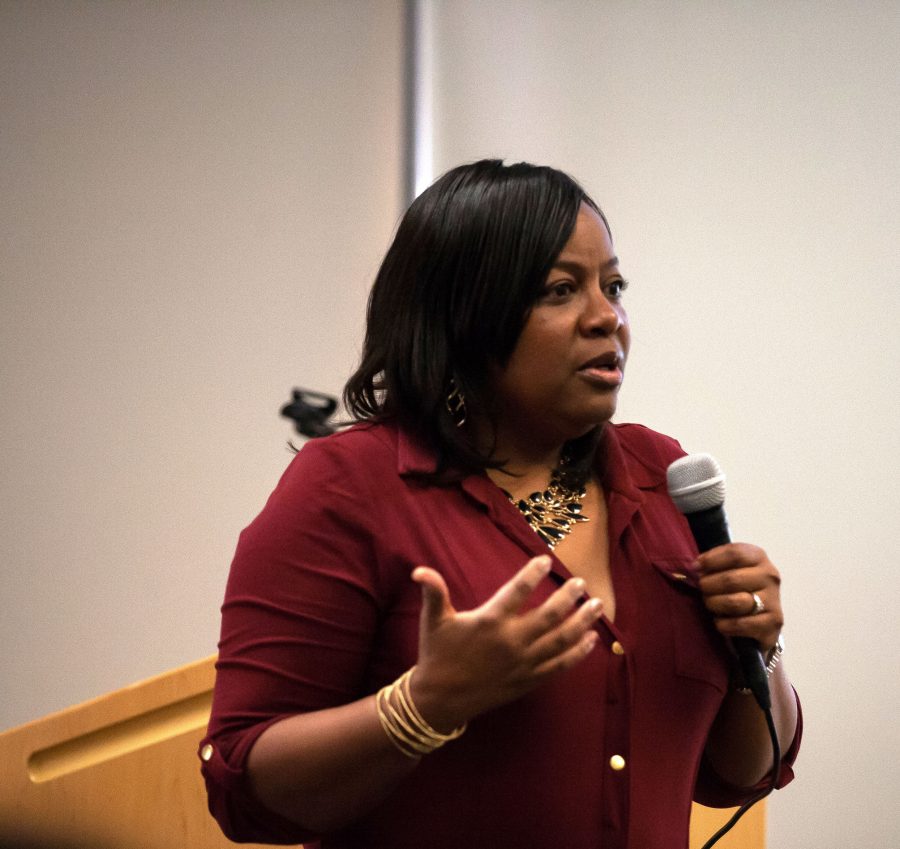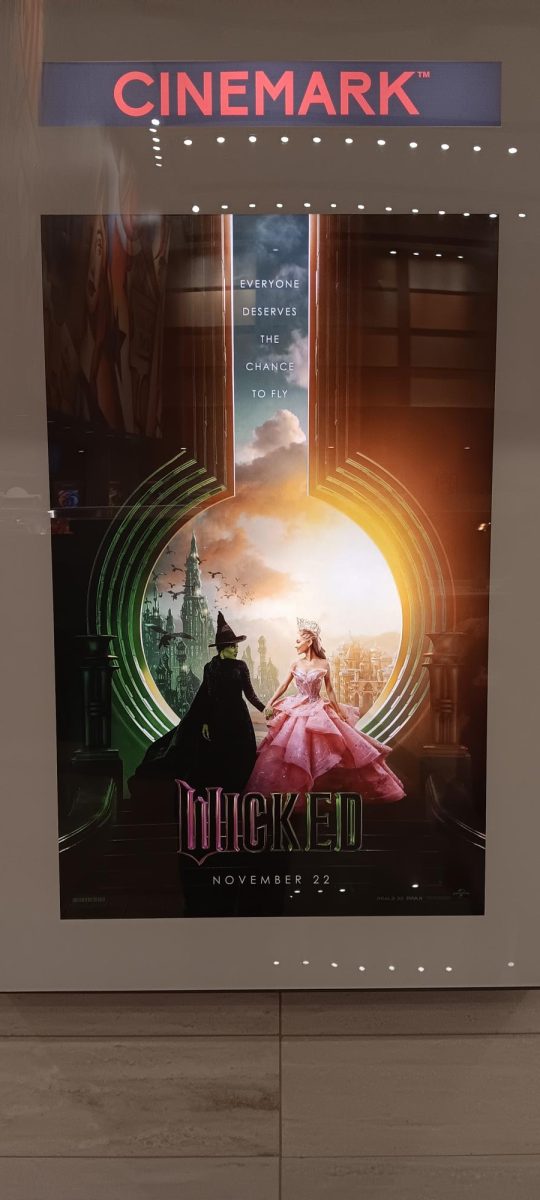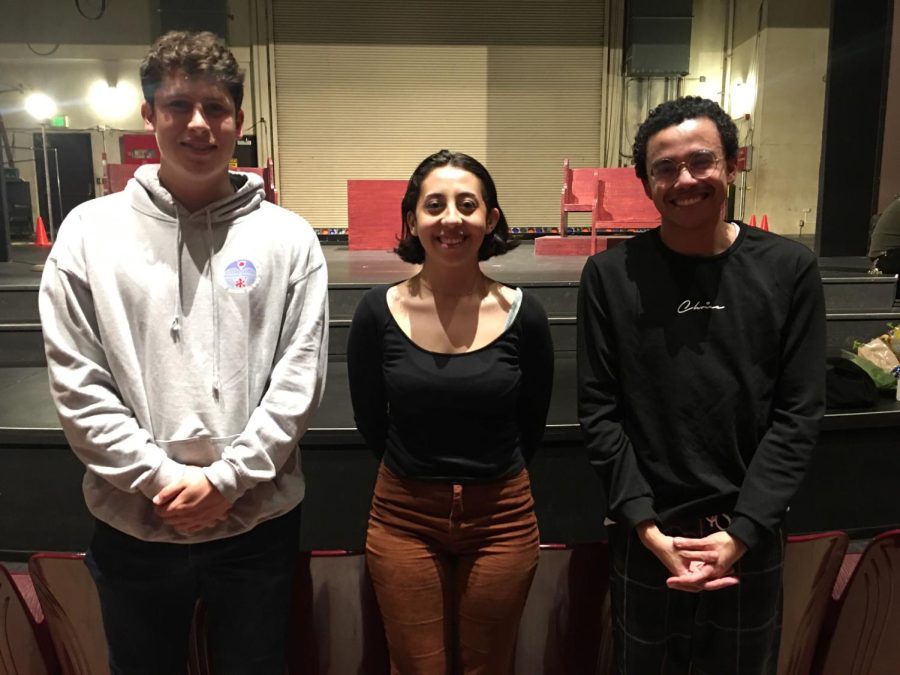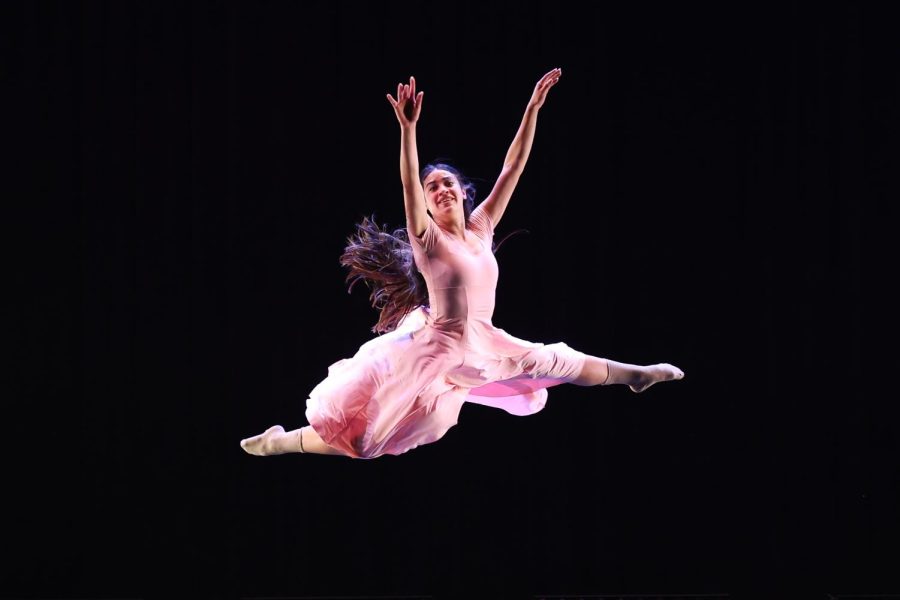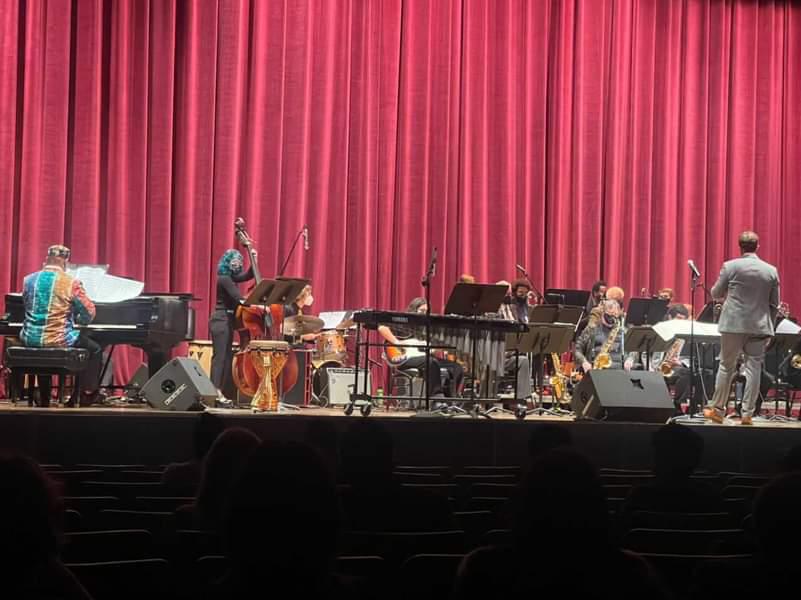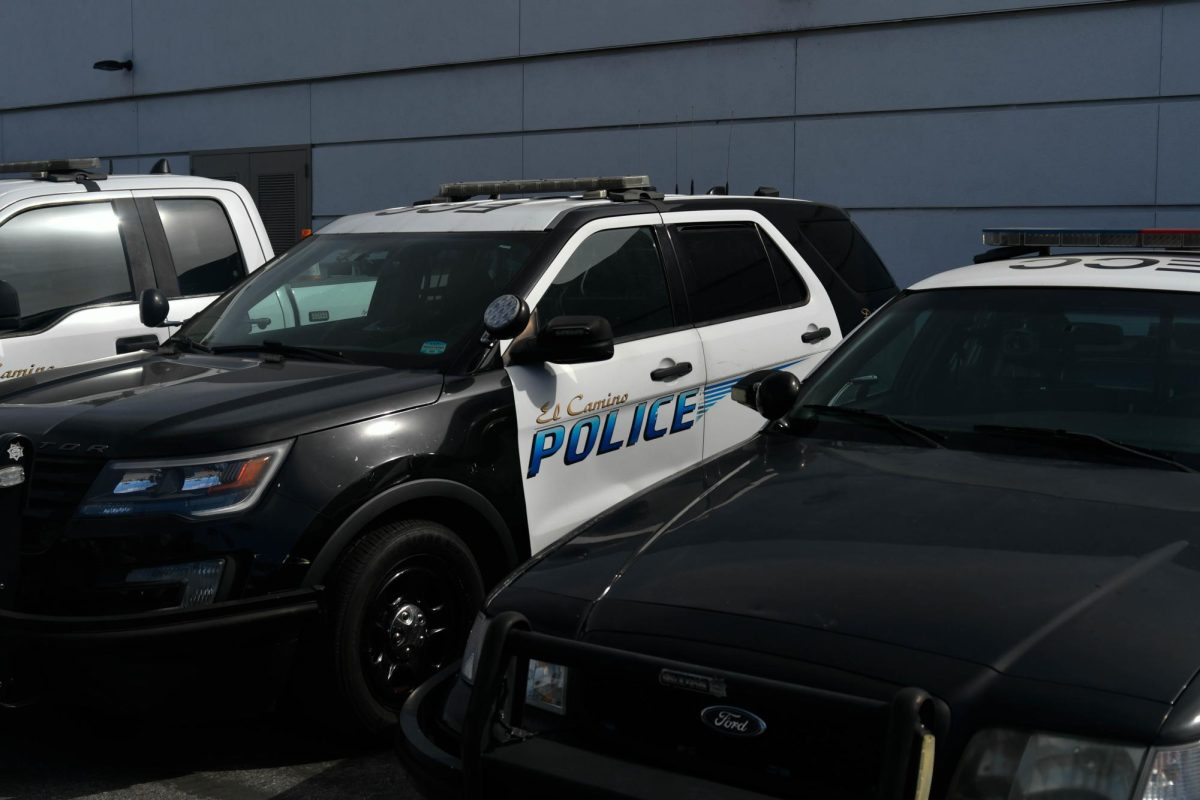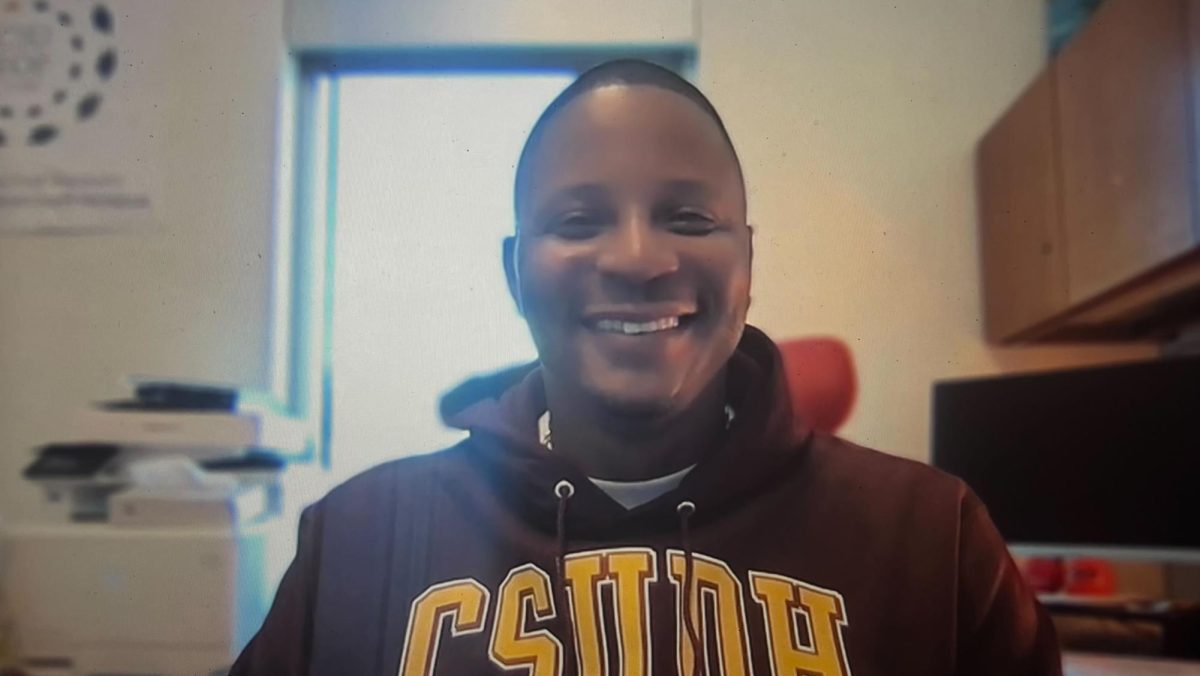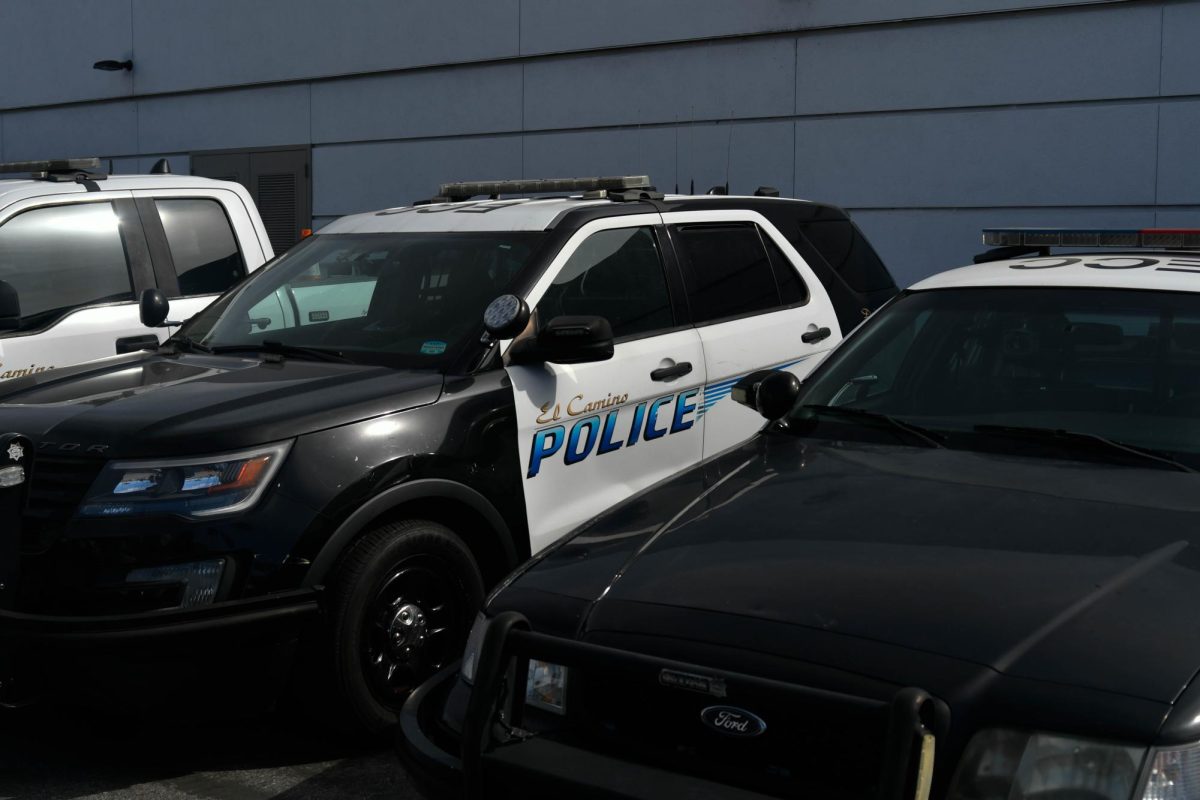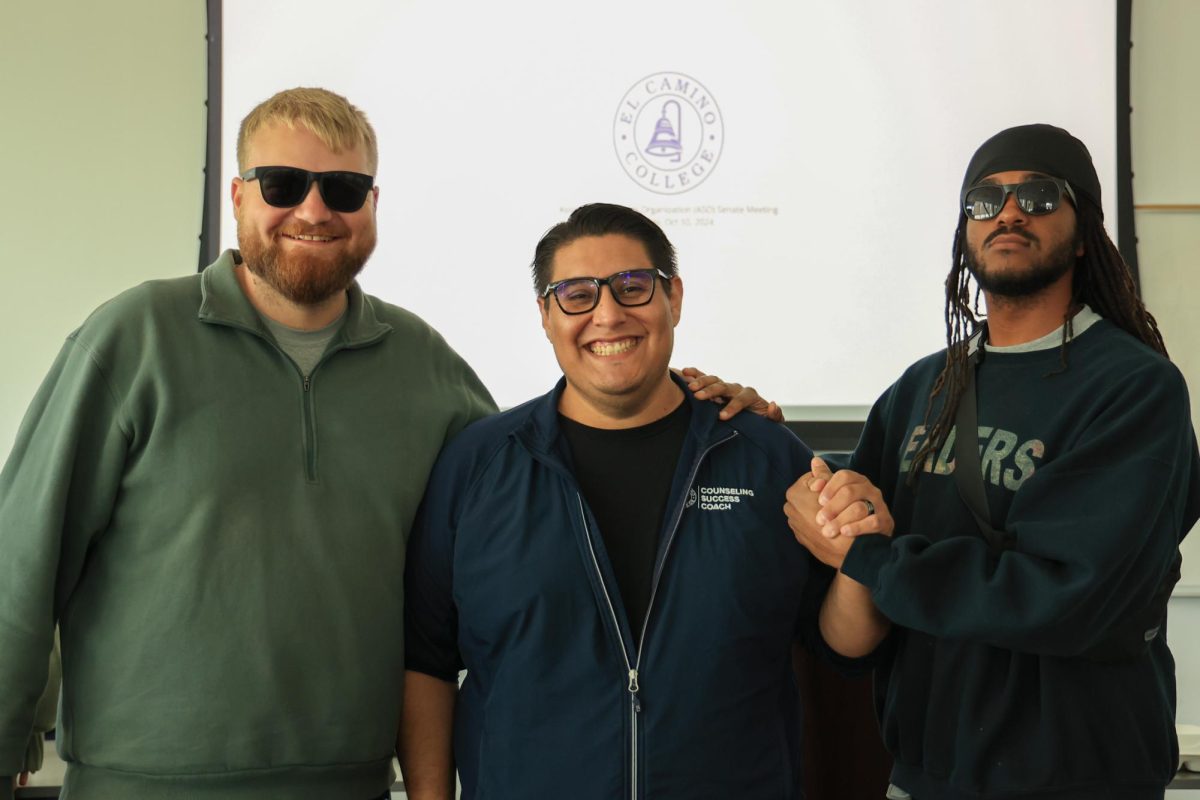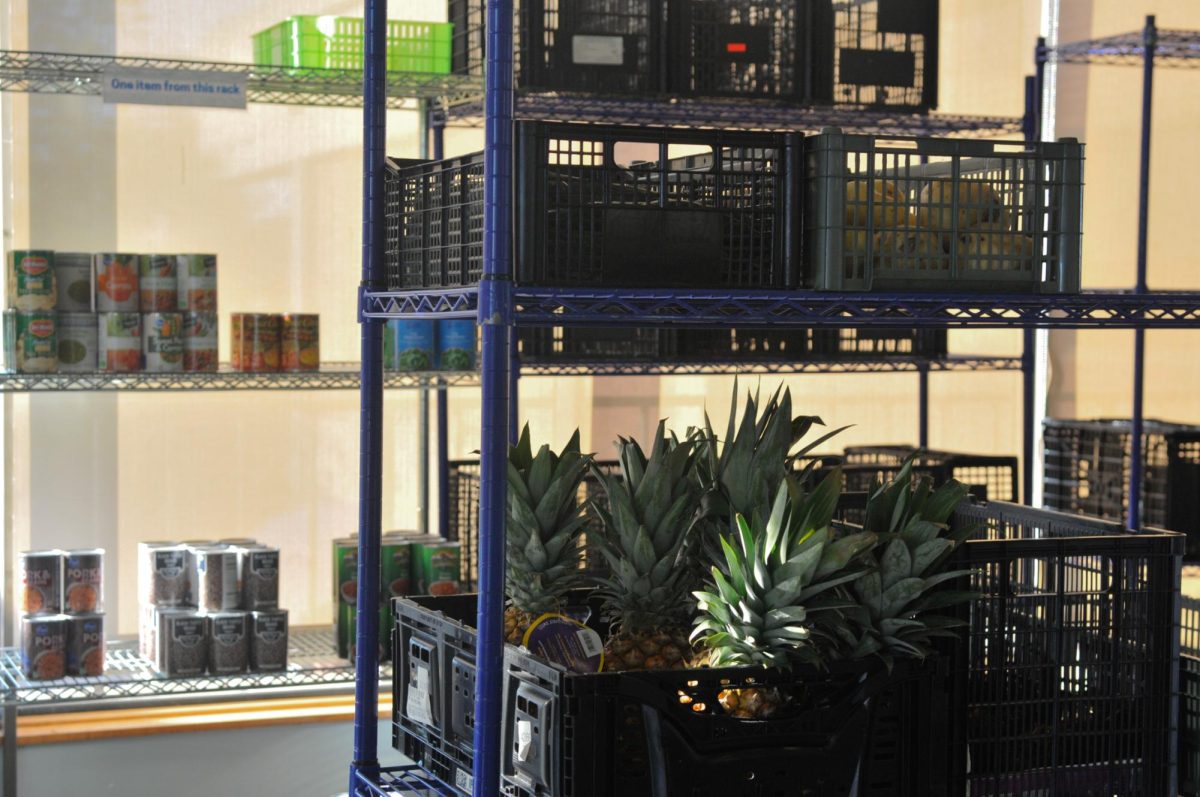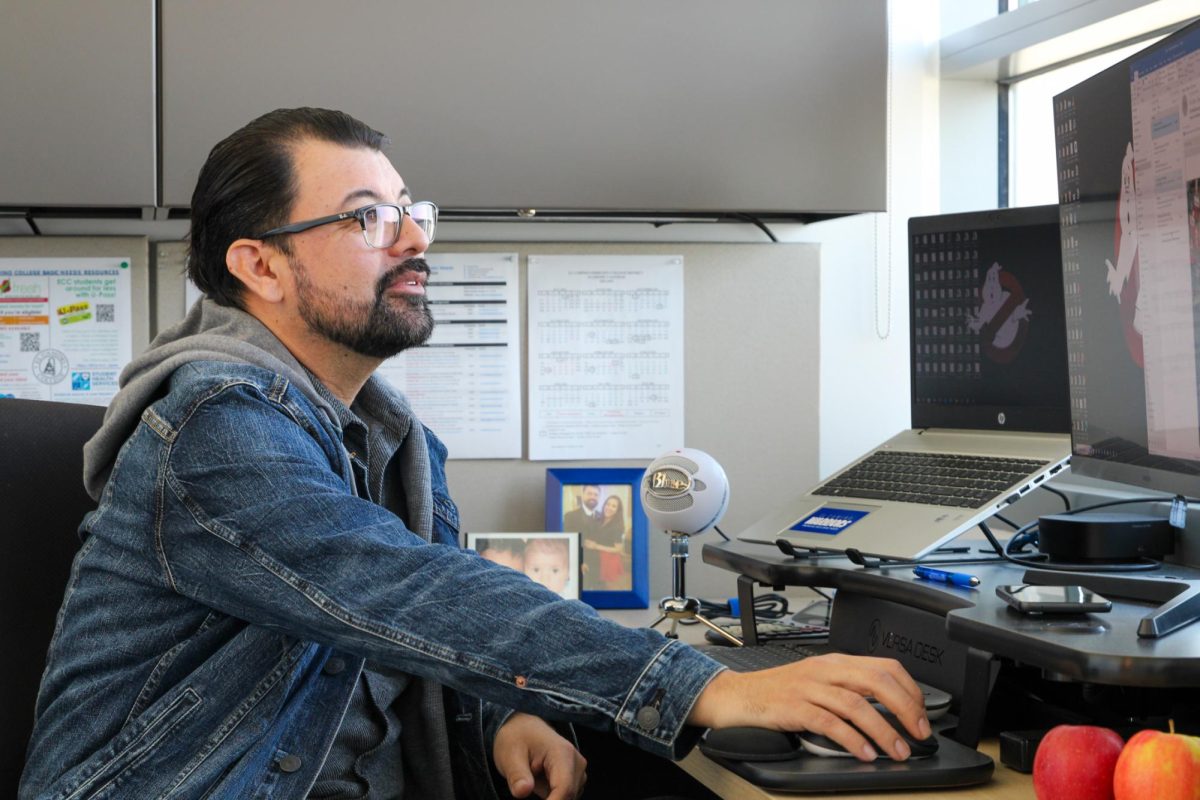The Black History Committee hosted a “Black Male and Female Relationship Interactive” workshop, which is about an exploration of who are African-Americans as couples.
This event was part of the Black History Month celebration and also to celebrate Valentine’s Day on Tuesday in the Alondra Room.
Payge Means Hopper, a change catalyst was in charge of conducing this event. She started her presentation with an excerpt from her book “Healing The Wounds of American Slavery.”
The excerpt was about how Africans were brought to American and how they suffered due to slavery at that time.
Hopper talked about epigenetic, which is the “study of stress and trauma upon one generation passing down to the next and literally affecting that generation.”
She talked about epigenetics because African-Americans today are affected by their ancestors who suffered when they were slaves. She also talked about how trauma manifested itself in people. Some examples that she gave were shaming, gaming, blaming, inflaming, and defaming.
Besides that, Hopper presented typical stereotypes that come out of The Institution of Slavery that most people may or may not be aware of.
Some of the main stereotypes she mentioned were black women think all black men are “lazy and dogs.” Also, Hopper said that the main stereotype about what black men think black women have are bad attitudes.
“When a woman is hurt and her heart broken, she shows anger and that’s to protect her heart,” Hopper said. “So it could be that a sister have a bad attitude, but it could be she has been hurt before.”
Hopper ended her presentation with a game that she called “Daters and Courters.” This is a game that showed the process of someone before deciding to date.
For example, she said if someone starts a relationship in a nightclub the probabilities are that the relationship won’t last compared to a relationship where a couple will spend more time to get to know each other.
Hopper chose to talk about this topic because the black communities, in terms of black relationships, are very desperate in some situations. She started doing this workshop in 2012 while working on her book, which she started in 2000.
However, it is her first time presenting this workshop at EC.
“I started having this vision and the vision was about this slave girl like literally it felt like I was having her thoughts,” Hopper said. “Long story short, something happened here in America that was so horrific, so terrible, and so real that the blood from our ancestors are crying out.”
Some of the students who attended the event said the workshop was helpful to them.
“For me and my boyfriend, we are a young black couple and we really don’t have somebody to go to for that kind of advice and feedback,” Marisa Greenwade, 20, history major said. “We do definitely have to know the other person more because we don’t want to waste our time and energy with somebody we’re not really compatible with.”
Another student said that Hopper gave him useful advice.
“The topic went pretty well and basically (Hopper) gave good advices and suggestions on what to do like not to go fast with a relationship,” Daniel Harkness, 19, undecided major said.




